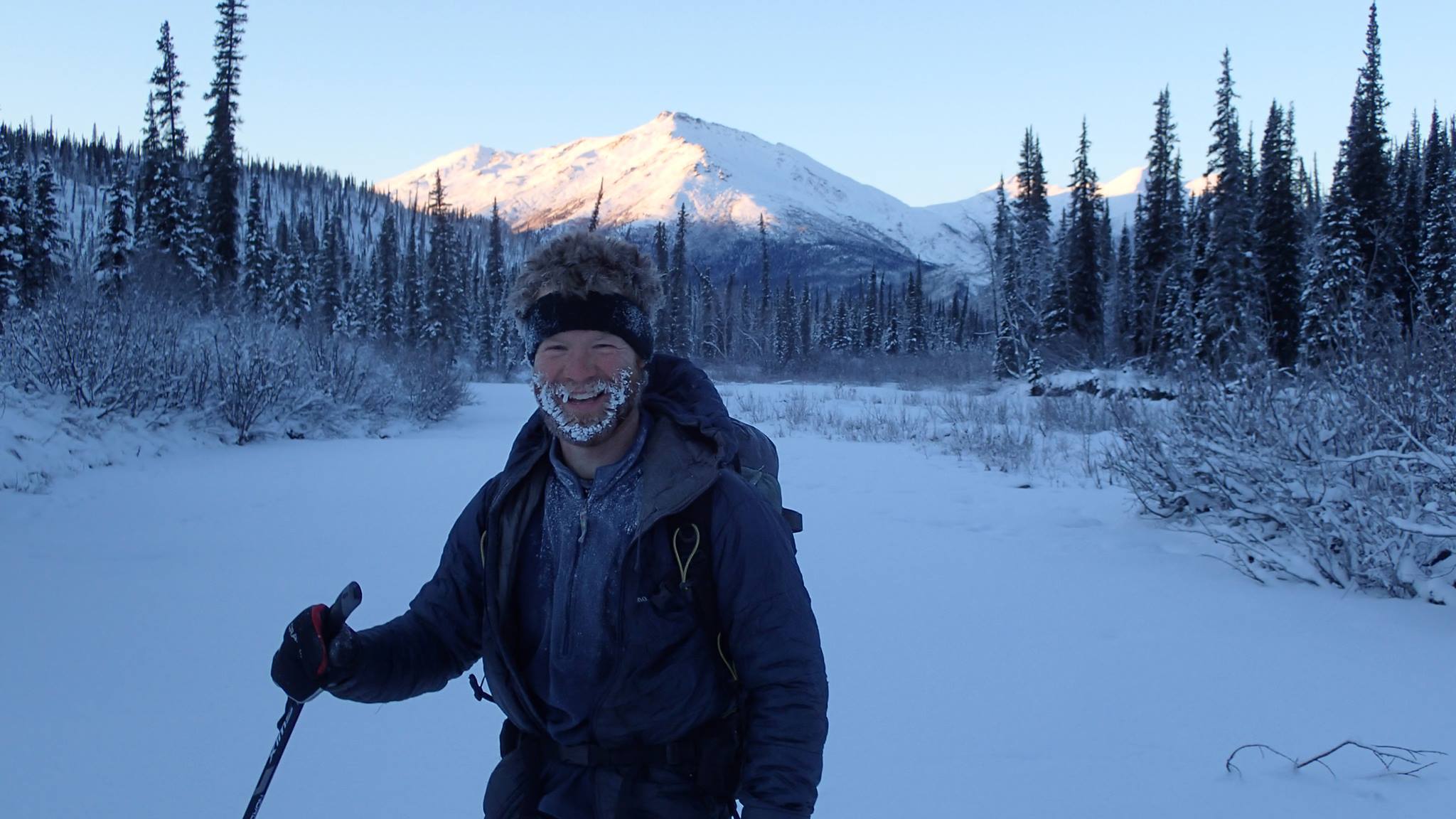Taking a step back in time in Wiseman

WISEMAN — Living in the Arctic provides for a different life than that found in almost the entire developed world today. Full-time living, if one is to do it without great expense, calls for an in-sourcing of many activities and a step back in time.
Utilities must be provided for by one’s own initiative and muscle. With no central distribution, an understanding of fields like plumbing, electricity and communications is needed that is not commonly found elsewhere. This level of understanding allows individuals to design and ultimately build out a system that provides for, and in many cases, goes beyond their daily needs.
All of this sweat equity typically creates an awareness of resources, what it takes to provide for oneself. Elsewhere, it is often the case that resources are consumed without thought or awareness of what goes into their availability. Consequently, these materials quickly endear a sense of entitlement and a place on the shelf of necessity. Awareness can lead to a greater appreciation of what one has, acknowledging certain items that are deemed necessities as luxuries.
Running water
When I first moved into my cabin, there was no water setup. I had the romantic notion of hauling water from the river a few hundred yards away. The rose-tinted glasses faded away following a few excursions of filling the jugs among ice pans at near zero degrees. A short time later, I decided to install a well beneath my root cellar, a common practice in the area.
What followed was 10 agonizing days of digging through frozen gravel 9.5 feet down to the water table. After hours of driving the pipe into the ground, I placed a pitcher pump on top and eventually pumped out crystal clear, cold water. No longer am I forced to trek for water but instead have the luxury of having on-demand water, just beneath my floorboards.
That being said, I do acknowledge that I still have to work to acquire water (through pumping). That is by design. If I wanted to, for less than $100 I could set up a water pump that delivers water with a flip of a switch. In an effort to keep my life as simple and hassle-free as possible, I eschew motors where I deem them superfluous or unnecessary, instead substituting human muscle. It can be a chore, but I value the awareness physical action brings.
Electricity
At Wiseman’s latitude, near 67.5 degrees north, there’s four hours of twilight during the darkest days of winter. In those times, electricity truly is a luxury. Without it, one is relegated to the darkness of the cabin or night sky — or dealing with alternative sources of light like kerosene or propane lamps. There is no central power plant. Each resident must set up his or her own system. There are a few individuals in the past who have gone without electric power, but the savings don’t seem worth the lack of light or power during the dark winter months.
My system is set up with the goal of being as simple and hassle-free as possible. During the dark months, the batteries must be charged via a generator rather than photovoltaic cells. I don’t enjoy dealing with the generator. Hence, the less power I use, the less I need to run a generator. My electrical needs are minimal, mainly consisting of a pair of LED lights and the occasional charging of a mobile appliance. Though my numbers are small, the use of the generator provides a perspective of how much energy is actually being consumed in the average household in the Western world. My generator typically runs a few hours every five to seven days. I find it hard to fathom the power consumed in an average suburban household, let alone what it takes to power a city or larger populace.

Communication
Wiseman is one of the most remote communities located on the road system within the United States. Located 250 miles from the nearest major town, access and communication to the outside world is limited.
The limitation is not only due to distance, but is compounded by the lack of viable technological options. There currently is no cellphone service in the central Brooks Range, one of the last civilized places in the United States that remains without. High-speed internet flows through the fiber-optic cable across the valley, but does not provide service to anyone in the community or nearby area. If a resident desires internet access at home, the only option is Hughes satellite internet at lightning speeds up to 100 kb/s.
This past winter, I was without internet access or a phone at my cabin. My only connection with the outside world was through the coinless public payphone located in the center of the community. This setup has its advantages. In each conversation, a person is physically present — not distracted by a ping of a smartphone or some other technological novelty. Yet, for me, not having others being able to contact me increases my sense of remoteness or, on occasion, isolation. Conversation quickly becomes something with increased value, especially the ability to do so with those from outside the area.